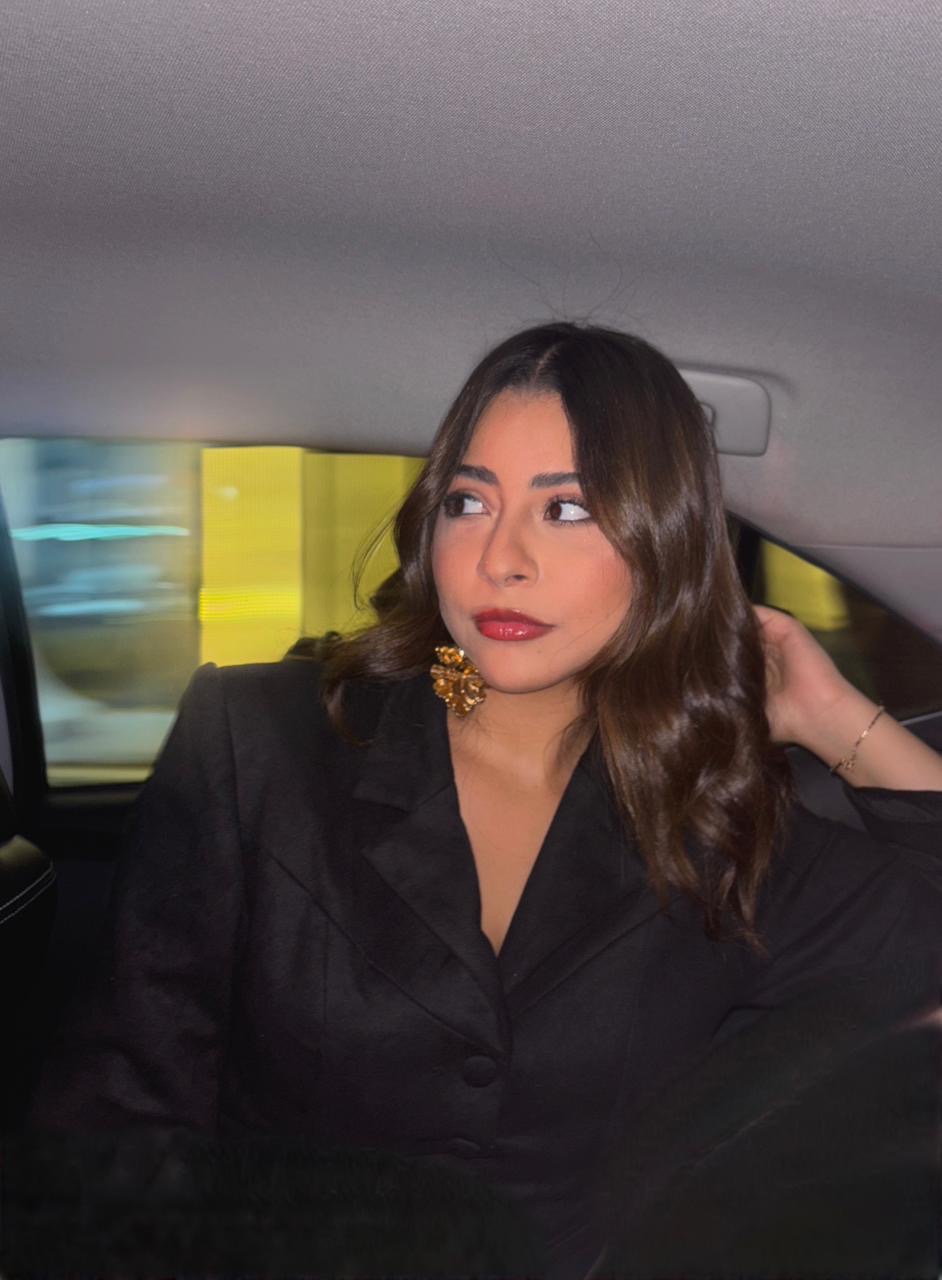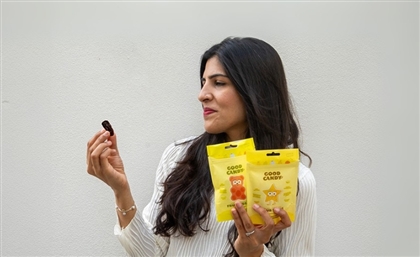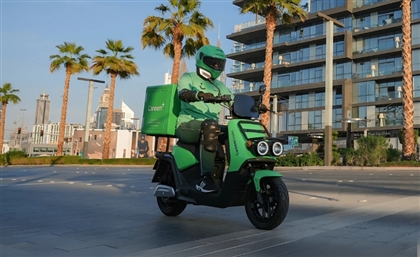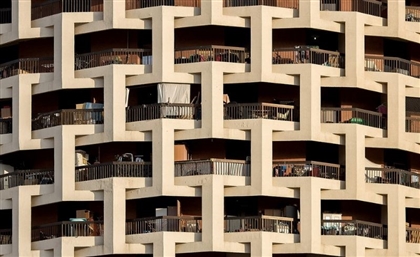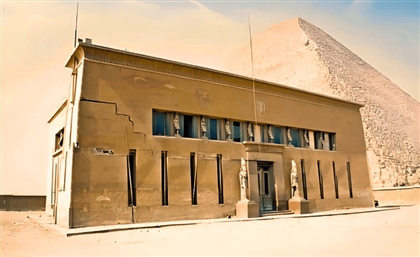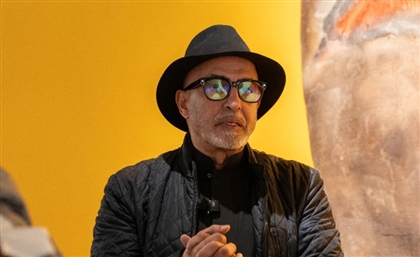This Dubai Café is Growing Your Lunch Upstairs
In Alserkal Avenue, Growhouse blends farming and dining under one roof. Lettuce, thyme, and microgreens grow upstairs, feeding a kitchen dedicated to scratch cooking and zero-waste goals.
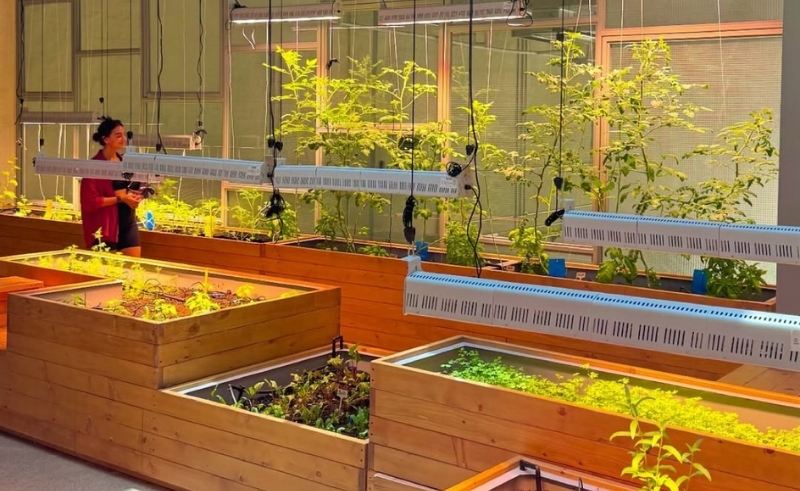
In 2020, when One Life’s cafés were nearly empty, founder Necip Camcigil and his team decided to experiment with growing their own herbs. They converted an Ikea shelving unit into what they was named the “Harvester 3000.” Pipes carried water to small pots, but there were no grow lights. The plants wilted. “We didn’t even give them a chance,” Camcigil tells SceneNowUAE. They abandoned the contraption, but not the idea.
That early attempt resurfaced in 2023 when Alserkal Avenue invited One Life to open a branch in its arts and culture hub. Camcigil and his long-time collaborator, chef Kelvin Kelly, proposed something new: a café built around an indoor regenerative farm. “The concept felt like a natural next step,” Camcigil explains. “We’ve always believed good food starts with good ingredients. Why not grow some ourselves?”
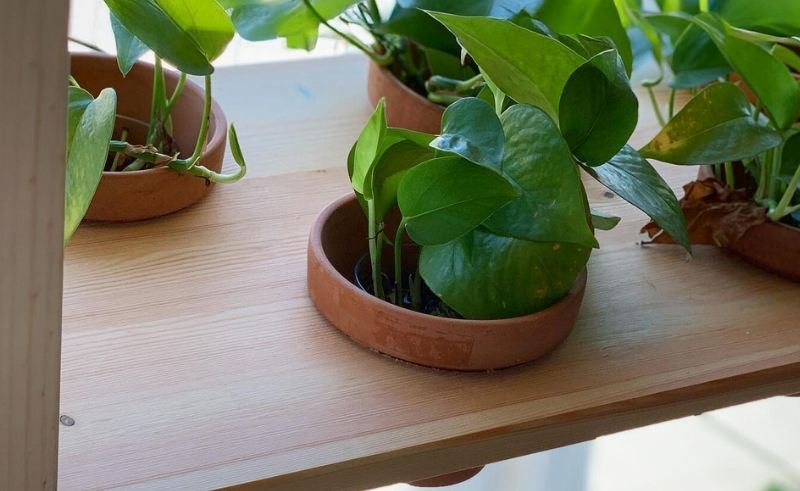
The Growhouse opened in 2025 with a farm on its mezzanine level, managed in partnership with LetitGRO, a UAE-based sustainable solutions company. The farm uses a controlled system to balance light, moisture and soil quality, all conditions essential for growing in Dubai’s climate. Current harvests include lettuce, sage, rosemary, oregano and thyme. Microgreens are the most productive crop so far: alfalfa, broccoli sprouts, and pea shoots supply salads and sandwiches like their Alfalfa Romeo. Larger crops like eggplants, cherry tomatoes and sweet potatoes are being tested.
The goal isn’t full self-sufficiency. “We know the farm can’t meet all our needs,” Camcigil explains. “But it helps us understand what can be grown here and makes us accountable for what we serve.” The farm also ties into One Life’s long-term aim of reducing waste. Collaborations with The Waste Lab will turn food scraps into compost to feed the crops, closing the loop between kitchen and farm. “We’ve wanted to be a zero-waste company for years,” Camcigil says. “This is a step in that direction.”
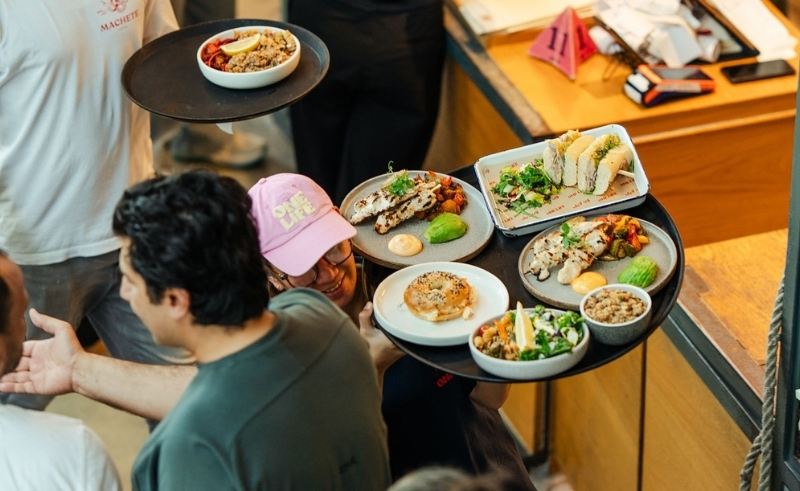
The Growhouse’s kitchen is central to that effort. At three times the size of other One Life locations, it produces bread, pastries, sauces and pickles for all branches. This scale allows the team to rely less on outside suppliers and move closer to cooking everything from scratch. Their double cheeseburger is an example: brioche baked the night before with no preservatives, beef ground and seasoned in-house, fries hand-cut and baked before frying, and ketchup made on-site. When available, the lettuce and tomatoes come from upstairs.
The space reflects the same thinking. Architect Fadi Sarieddine, who has designed all of One Life’s branches, adapted Alserkal’s industrial setting without over-styling it. The dining area is open, with concrete floors, exposed piping, and high ceilings. Greenery softens the room, but there’s no excessive décor. “Nothing is there that doesn’t need to be,” Camcigil says. “It’s simple, functional and comfortable.”
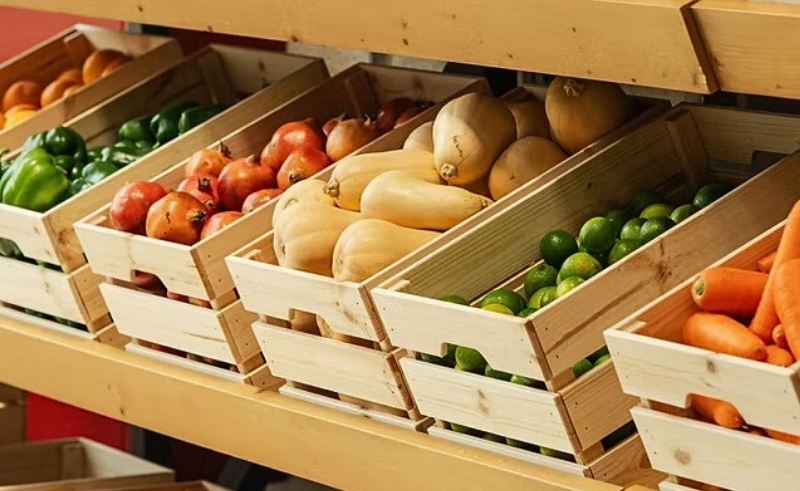
Visitors use the space in many ways. Some come to eat and leave. Others settle in with laptops to work. There are casual meetups, and soon, workshops on topics like soil health, composting, crop rotation and pruning. “Most of this knowledge exists online,” Camcigil says. “But we wanted a place where people can learn in person, ask questions and share experiences. We expect to learn as much from them as they do from us.”
The Growhouse continues One Life’s broader philosophy of cafés as social spaces rather than just food outlets. In Dubai Design District, One Life hosts music events; at Alserkal, the farm becomes a conversation starter. “Our approach has always been to give people reasons to stay,” Camcigil says. “When they spend time here, eating follows naturally.”
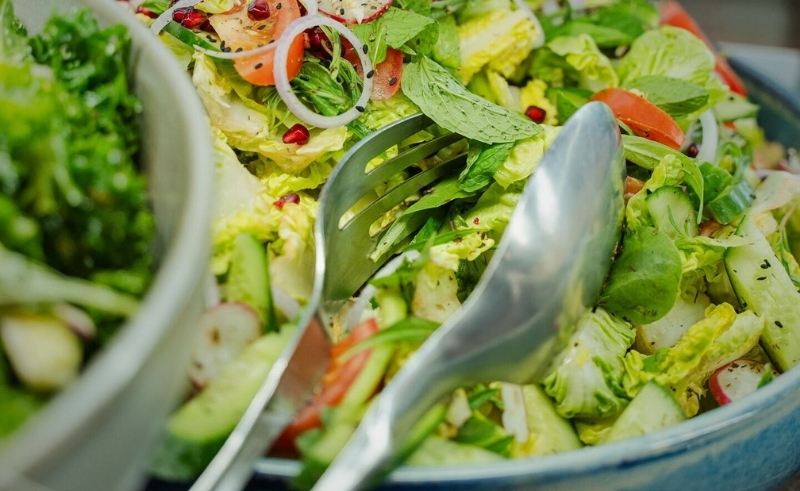
The project is still evolving. The farm’s contribution to the menu is modest for now, and zero waste remains a goal rather than reality. Camcigil is candid about these limitations. “We’re not claiming to have solved anything,” he says. “We’re trying to do better and show that progress is possible.” That attitude sets The Growhouse apart from the polished sustainability narratives often seen in Dubai. It’s not presented as a finished showcase but as a working model - one that acknowledges trial, error and ongoing learning.
Expansion isn’t on the immediate agenda. “We’re a small team,” Camcigil says. “Right now, we want to focus on making this work. If others want to build similar models, we’re happy to share what we’ve learned.”
For Camcigil, The Growhouse is less about creating a brand statement than about reconnecting food with its origins. “We’ve grown used to eating without thinking about where ingredients come from or how they’re made,” he says. “When you see lettuce upstairs that ends up in your salad, it changes your perspective, even a little.”







